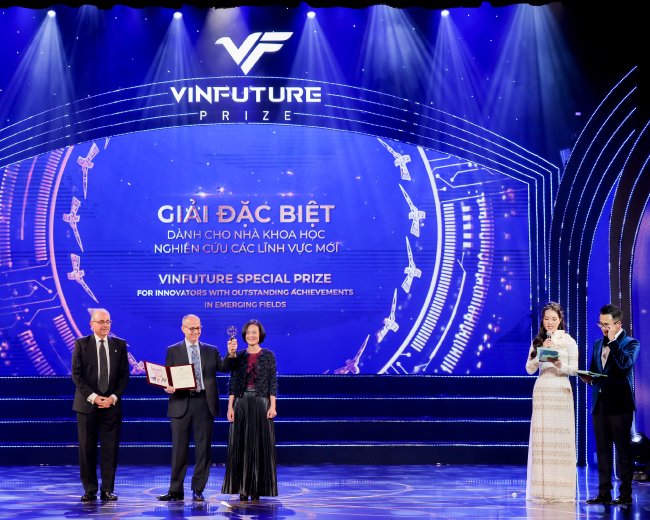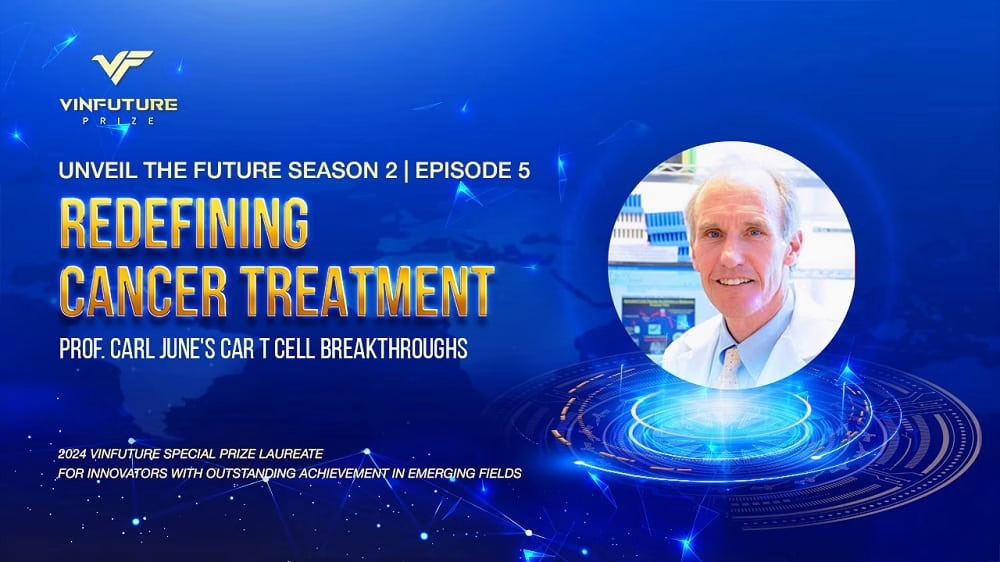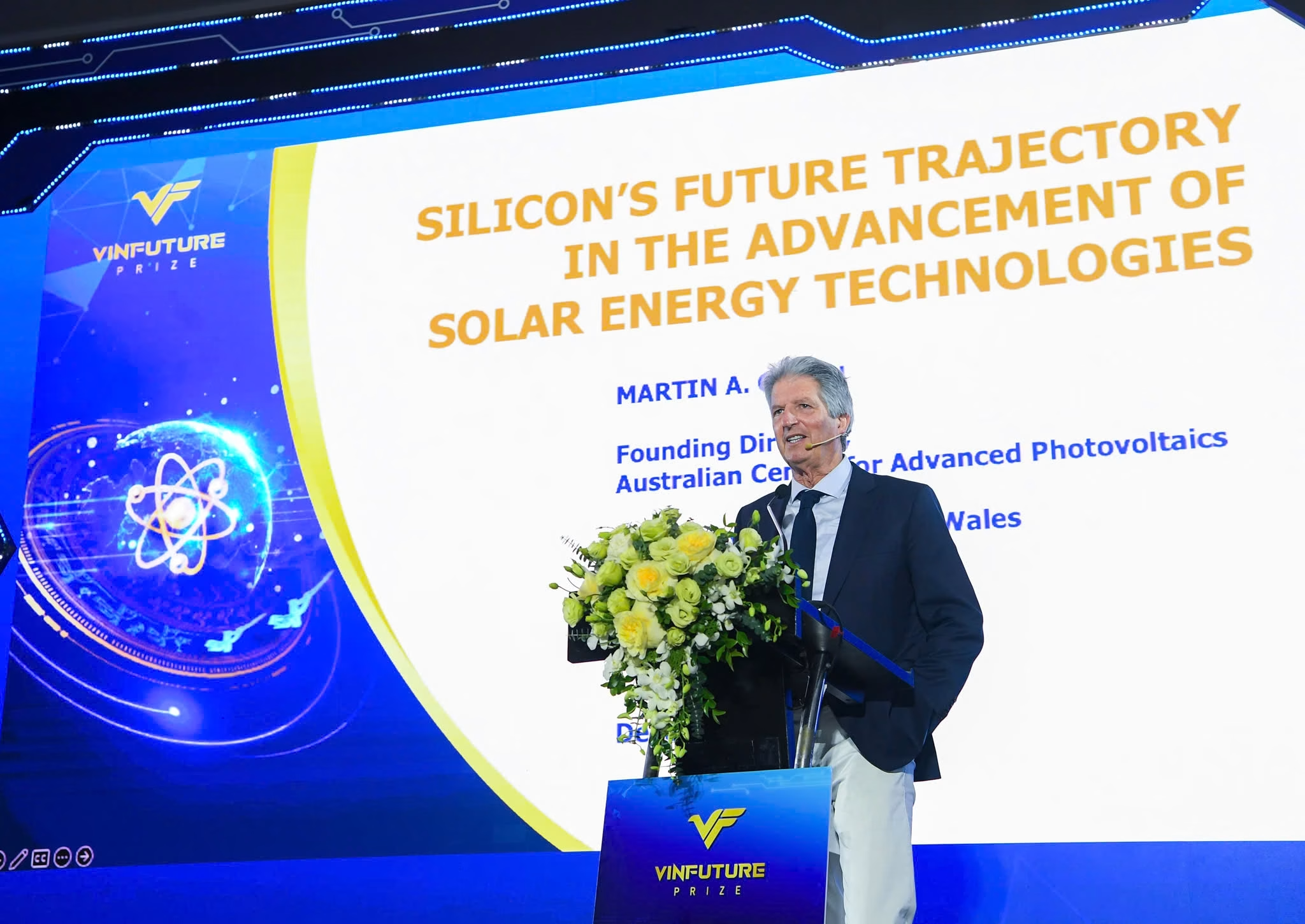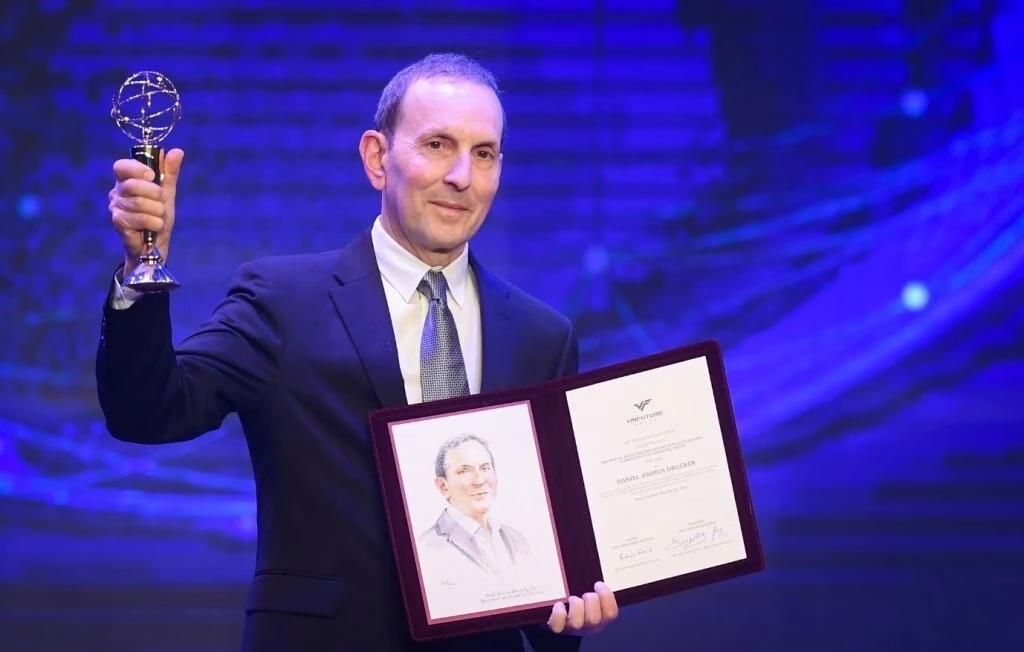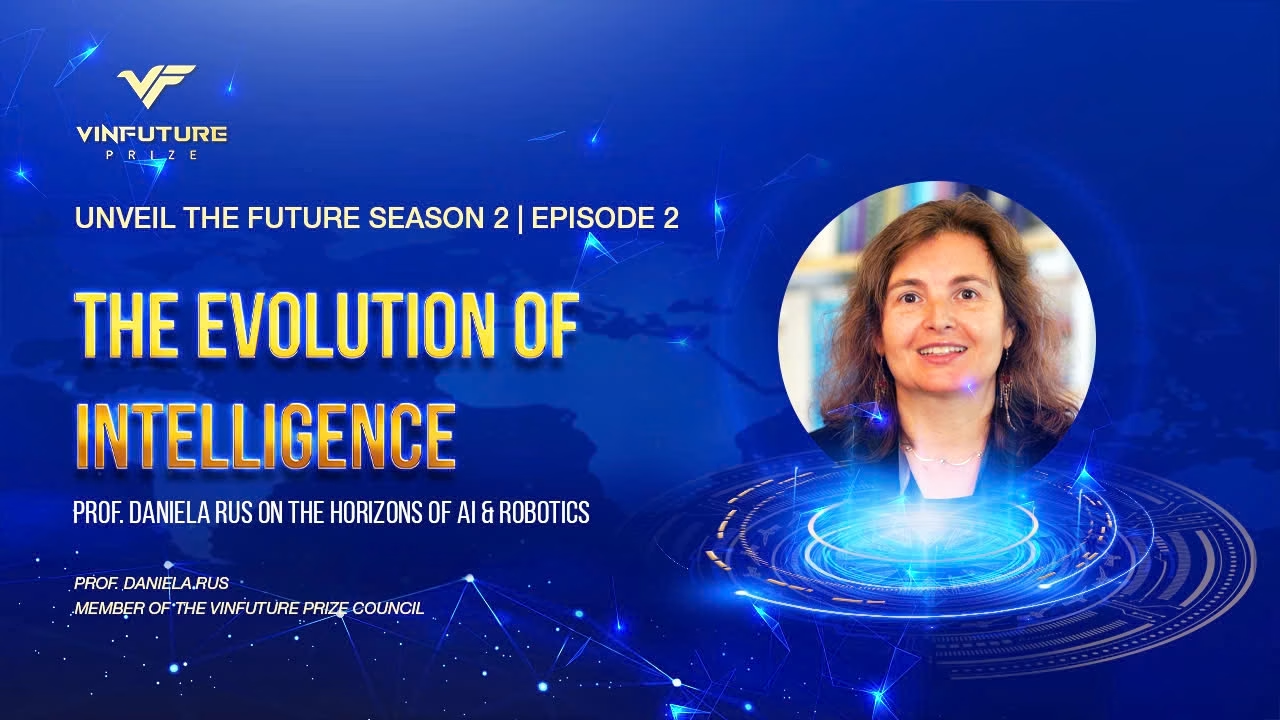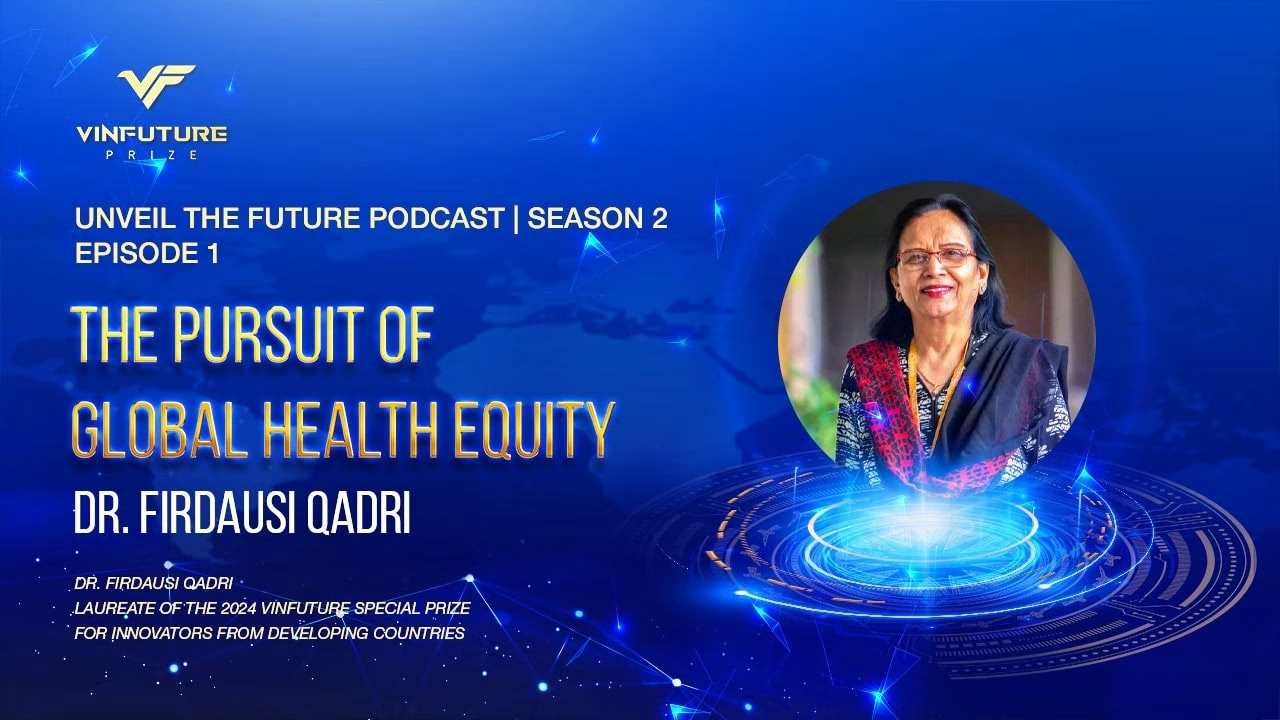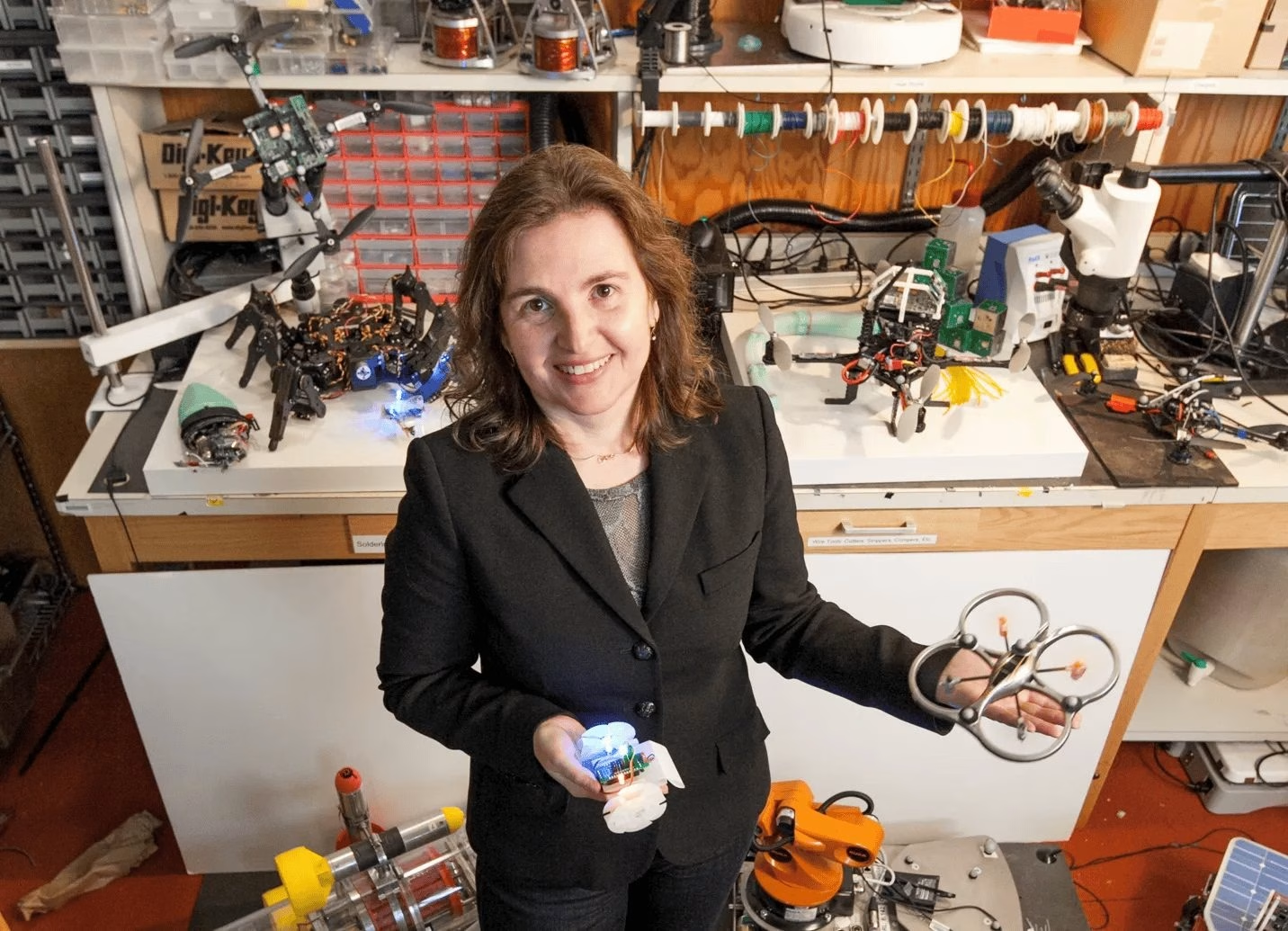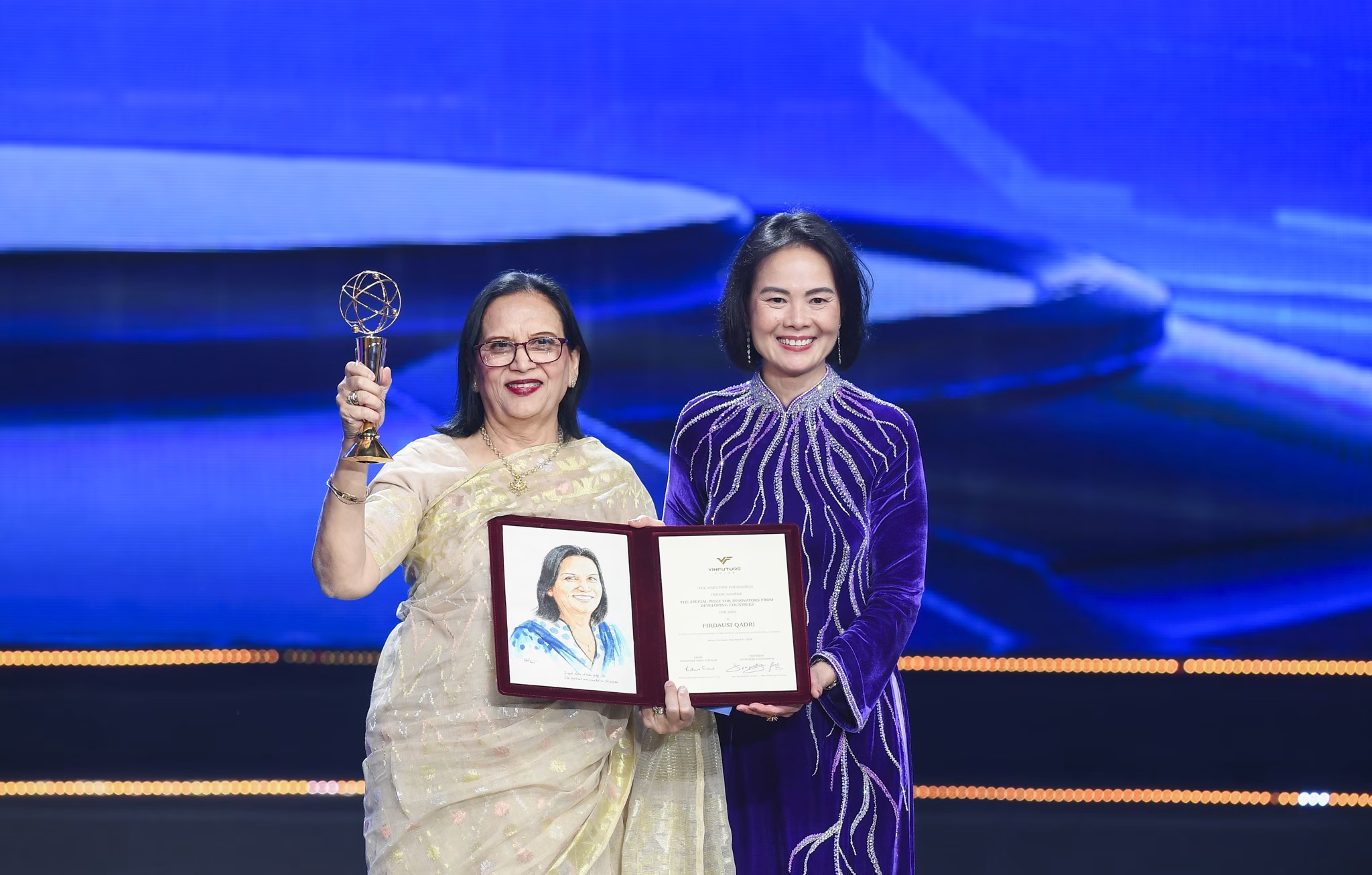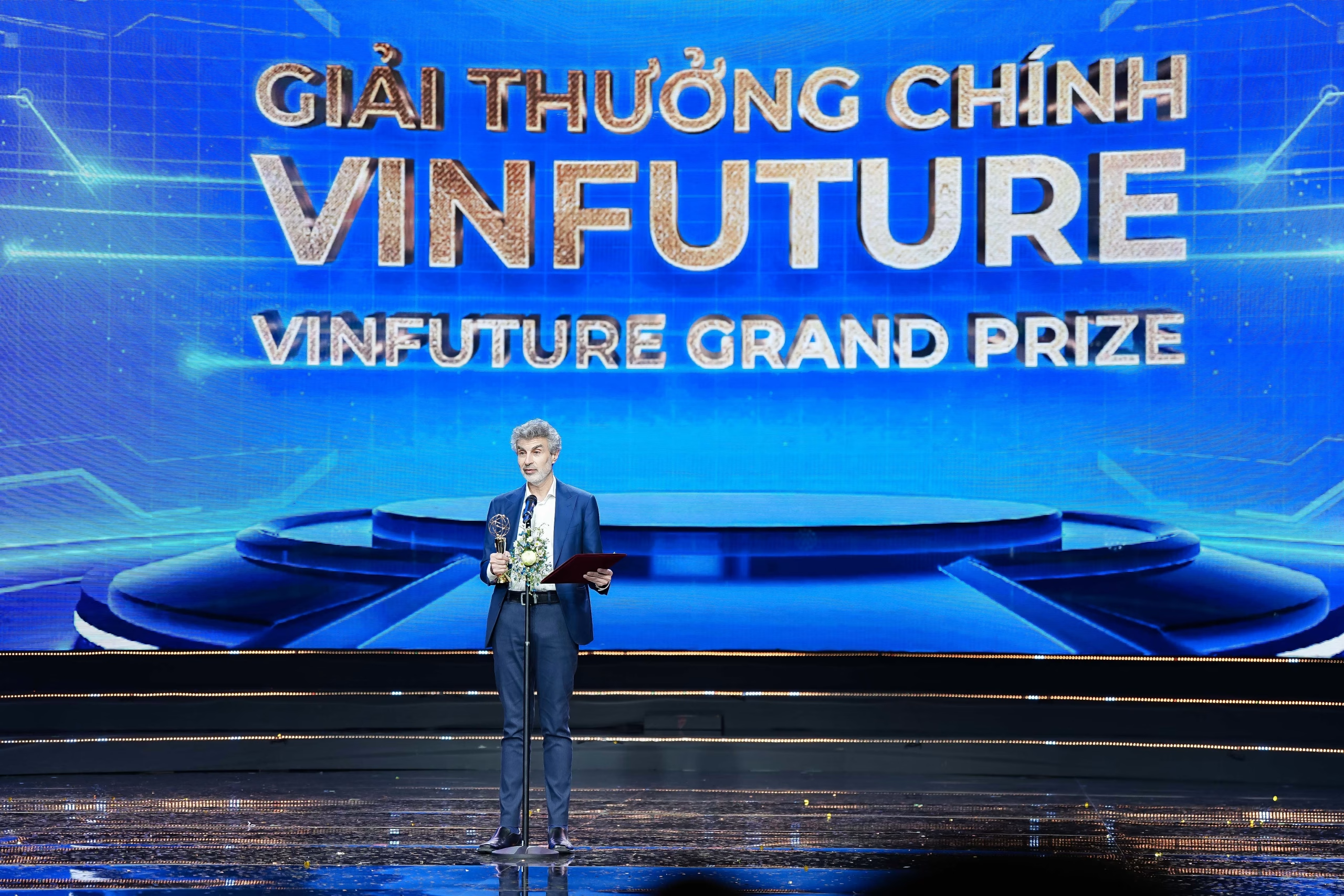Bringing clean water to all corners of the world
Can you talk about what you have done since being honored at the first VinFuture Prize?
After the VinFuture Prize, my research team and I continued to embark on research into MOFs and made great strides. We built a “moisture farm” that could harvest water from Death Valley – one of the driest deserts in the world (located in the US). This is a system that can extract clean water from the air at a temperature of about 49 degrees Celsius and a humidity of only 10%. This system can operate without using any energy source other than sunlight. We are currently finalizing the project and will present it in a scientific publication.
This is an important result because, with this, we have demonstrated the practical applicability of MOFs, which was invented in the 1990s.
What is the possibility of commercializing this “atmospheric water harvesting” device? Will people in developing countries in Africa and Asia have the opportunity to use it?
This is entirely possible. According to our calculation, with this new device, a family of 4 would only need to use about 100g of MOFs material in about 5-6 years. The cost of MOFs material is very affordable because it is combined with aluminum – an inexpensive metal. Notably, after 5-6 years of use, all components of the device can be recycled. This use is completely appropriate for people in many parts of the world, especially in developing countries. If widely commercialized, I believe everyone around the world can access clean water.
It’s been a long journey to bring this from the lab to life. Looking back, what does the VinFuture Prize mean to you?
The news that I was awarded the VinFuture Special Prize for “Outstanding Achievements in Emerging Fields” was really good news and a great source of motivation for me and others working in my field. My colleagues and I see this as a huge recognition for this new field of porous crystalline material and chemicals, thereby helping respond to climate change and benefiting society.
VinFuture’s value beyond academia
As one of the prize laureates at the first VinFuture Prize, how would you describe the award’s role in connecting global scientists to solve the great challenges of humanity?
The biggest contribution of an international award like VinFuture is demonstrating to the scientific community and the public the importance of science and technology. It also shows that support for basic research projects would reap great solutions for many of the world’s big problems, such as clean energy, clean air, clean water, health, food, etc.
By recognizing individuals who are at the forefront of solving these problems, the VinFuture Prize raises not only academic standards but also social values by sending the message: Science is the key to a better life for humanity.
VinFuture Prize has the ability to spread these values to the increasing number of scholars who are aware of the award. In addition, as more and more people realize how science and technology affect life and society, the values of VinFuture would gain even greater reach globally.
After the success of the inaugural VinFuture Prize, global researchers and the public are looking forward to VinFuture’s 2nd year. What do you personally expect from this year’s VinFuture Prize?
I look forward to ideas related to sustainable development, which protects human security and the environment, including basic and applied scientific research. I think this is an area that requires a combination of many disciplines to solve common challenges – an element recognized and encouraged by the VinFuture Prize.
In addition to sustainability, I think we also need to emphasize the importance of projects related to improving human resilience, such as issues of air, energy, water, food, and so on.
Thank you Professor!
On January 20th, 2022, at the inaugural VinFuture Prize Award Ceremony held in Hanoi, the Special Prize for “Outstanding Achievements in Emerging Fields” was awarded to Professor Omar M. Yaghi (USA) for his pioneering work on metal-organic frameworks (MOFs).
MOFs is a new type of material composed of charged organic bonds and metal ions. It has permanent porosity and impressive stability over large surface areas. MOFs allows the chemical composition of many types of gases and molecules to be captured, stored, separated, and controlled. They have the potential to purify the environment, giving us cleaner air, cleaner energy, and cleaner water.
Also, at the Award Ceremony, the Special Prize for “Female Innovators” was awarded to Professor Zhenan Bao (USA) for her research on organic electronic materials that possess similar properties to human skin. The Special Prize for “Innovators from Developing Countries” went to two husband-and-wife scientists from South Africa – Professor Salim Abdool Karim and Professor Quarraisha Abdool Karim – for their research that helps prevent HIV transmission and alleviate the burden of AIDS. Notably, the Grand Prize, worth 3 million USD, was awarded to Dr. Katalin Karikó, Professor Drew Weissman (USA), and Professor Pieter R. Cullis (Canada) for their innovation of mRNA technology that helped pave the way for Covid-19 vaccines.
